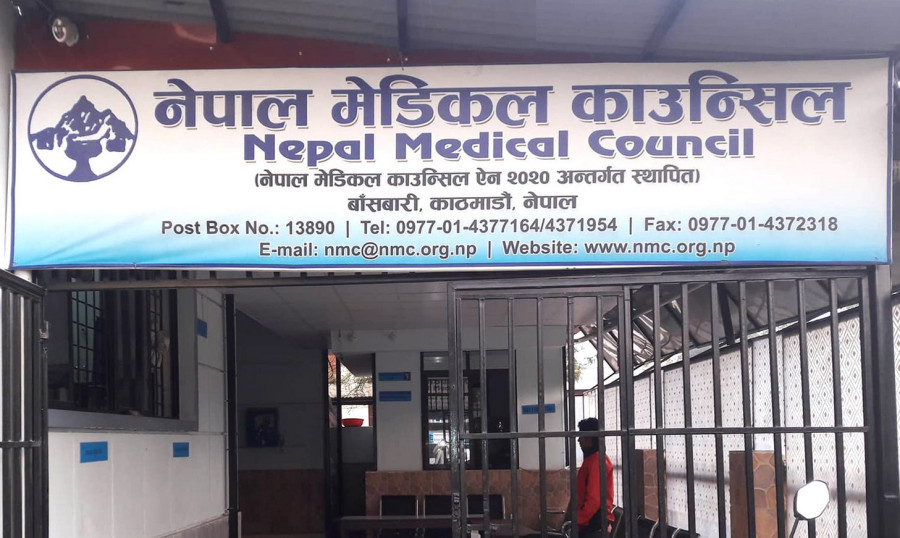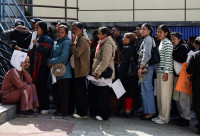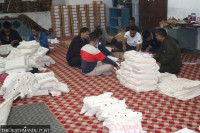National
Hospitalisation should not be counted in judicial custody, says doctors’ body
Recommendation comes amid growing trend of high-profile detainees seeking hospitalisation to avoid prison stay.
Arjun Poudel
In a bid to discourage high-profile criminal suspects from evading police custody, the Nepal Medical Council has recommended to the Ministry of Home Affairs to exclude hospital stays when calculating the judicial custody period.
The council, the national regulatory body of medical doctors, made the recommendation on judicial custody following a request by the Ministry of Home Affairs.
“We have furnished a four-point recommendation to the Home Ministry on Friday,” said Dr Bishwa Raj Dawadi, the council’s registrar. “Our team of experts studied the provisions and practices of other countries and made recommendations accordingly.”
In Nepal, lately it has become a trend for high-profile individuals arrested by the police for investigation on criminal charges to request hospital stays, citing various illnesses. Prompted by such incidents, the Home Ministry asked the council for suggestions after several politicians, businessmen, actors and athletes sought hospital admissions following their arrests.
Over the past few months, several prominent politicians including former home minister Bal Krishna Khand, former Speaker of the lower house Krishna Bahadur Mahara, former minister Top Bahadur Rayamajhi, businessman Arun Chaudhary and actor Anmol KC, among others, were arrested for investigation, and most of them ended up in hospitals and were produced in court directly from the hospital. This has sparked criticism, with some people arguing that police custody seems to be only for commoners who cannot afford hospital stays.
Officials at the council said that the Home Ministry requested suggestions following the arrest of former Speaker Mahara to investigate his alleged involvement in gold smuggling.
“Doctors cannot deny treatment, even if the reports show everything is normal. We have to keep the patient in observation until he/she says they are okay,” said Dawadi. “There are several instances where police have taken the accused to court directly from the hospital, without doctors’ consent. Excluding hospital stays from the calculation of the judicial custody period could discourage the accused from seeking unnecessary hospitalisation.”
The council has also recommended admitting the accused to state-run health facilities stating that individuals should not be deprived of treatment if deemed necessary by the council’s licensed doctors, especially if the physical and mental condition of the accused is not okay, or if they have comorbidities such as uncontrolled blood pressure and high blood sugar levels.
If the accused has to remain under hospital observation for over 48 hours, doctors should provide a valid reason, according to Dawadi.
Officials at the council said there was pressure from various quarters on doctors serving at private hospitals to recommend immediate admission of influential people following their arrest.
Meanwhile, the Home Ministry, on Monday, directed relevant agencies to implement the council’s recommendations. The council had formed a nine-member team to provide suggestions to the Home Ministry.




 20.9°C Kathmandu
20.9°C Kathmandu














